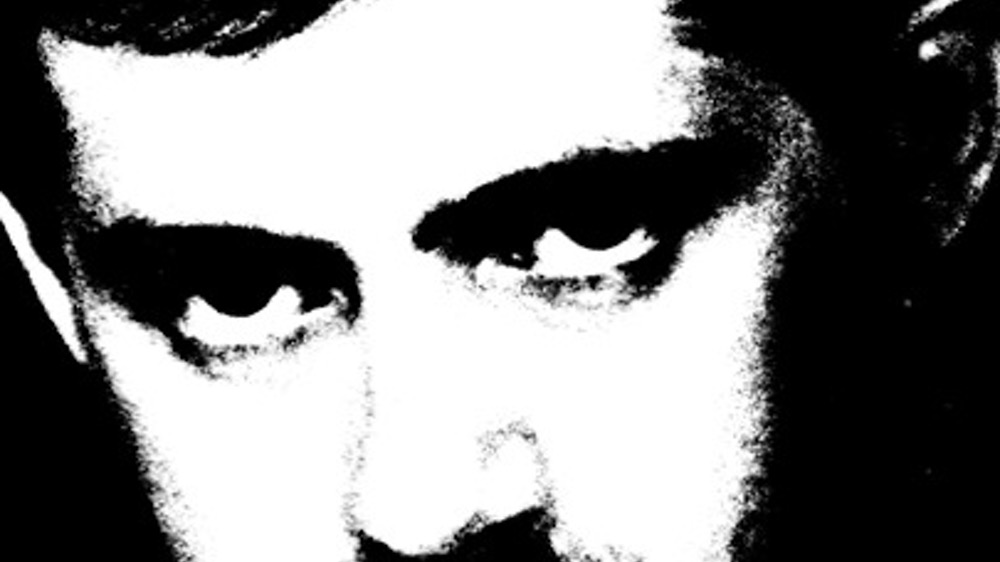Culture et Cinéma : Patrick Cowley, entre la disco et la New wave. Tu es parti beaucoup trop vite
Culture and Cinema: Patrick Cowley, between disco and New wave. You left way too fast
Une anthologie rend justice à ce pionnier du disco électronique américain, dont le génie n’a longtemps été reconnu que comme un sous-produit de la culture gay.
An anthology does justice to this pioneer of American electronic disco, whose genius has long been recognized only as a by-product of gay culture.
Patrick Cowley (1950-1982) fait partie de ces pionniers sans veine dont l’histoire officielle de la musique électronique rechigne encore à reconnaître l’apport. Sans doute parce que le domaine musical dans lequel il avait choisi d’innover – le disco électronique – ambitionnait en premier lieu d’être validé dans le milieu très spécifique des clubs gays californiens du début des années 80. Sûrement qu’il est décédé beaucoup trop tôt, du sida, à une époque où on l’appelait encore «peste gay», pour perpétuer sa carrière et ses inventions.
Le genre dont on lui attribue la paternité, surtout, la Hi-NRG, est encore considéré comme une dégénérescence tardive et dopée au speed d’un disco subclaquant, seulement agréé sur la frise des musiques de danse américaines pour avoir rempli l’espace vacant entre la fin du disco de la côte Est et la naissance de la house à Detroit et à Chicago.
Cowley était pourtant bel et bien un pionnier, à égalité ou presque avec Giorgio Moroder. Il suffit d’écouter n’importe lequel de ses hits (notamment ceux produits pour les divas Sylvester et Paul Parker), d’en apprécier la précision plastique, puis de regarder quand ils ont été produits pour comprendre dans quelle mesure il était en avance sur son temps et pourquoi il est cité systématiquement comme une influence majeure par New Order, les Pet Shop Boys ou Ian Levine (DJ anglais qui fut le premier à copier le son Cowley en produisant le bien nommé High Energy d’Evelyn Thomas).
« Megatron man » (Avec l’aimable autorisation du label Megatone Records.)
Stephane Guibert / Finalscape
Patrick Cowley (1950-1982) was one of those pioneers without luck, whose official history of electronic music is still reluctant to recognize its contribution. Probably because the musical field in which he had chosen to innovate – electronic disco – first sought to be validated in the very specific milieu of Californian gay clubs in the early 80s. Surely he died a lot too early, from AIDS, at a time when it was still called « gay plague », to perpetuate his career and his inventions.
The genre which is credited with paternity, especially, the Hi-NRG, is still considered as a late degeneration and boosted by the speed of a subdued disco, only approved on the frieze of American dance music for having filled the vacant space between the end of East Coast disco and the birth of house music in Detroit and Chicago.
Cowley was however a pioneer, tied with Giorgio Moroder. You just have to listen to any of his hits (especially those produced for the divas Sylvester and Paul Parker), to appreciate their plastic precision, then to look at when they were produced to understand how far he was ahead on his time and why he is systematically cited as a major influence by New Order, the Pet Shop Boys or Ian Levine (English DJ who was the first to copy the Cowley sound by producing the aptly named High Energy by Evelyn Thomas).
« Megatron man » (Many thanks to Megatone Records for the kindly permission.)
Stephane Guibert / Finalscape
![]()
